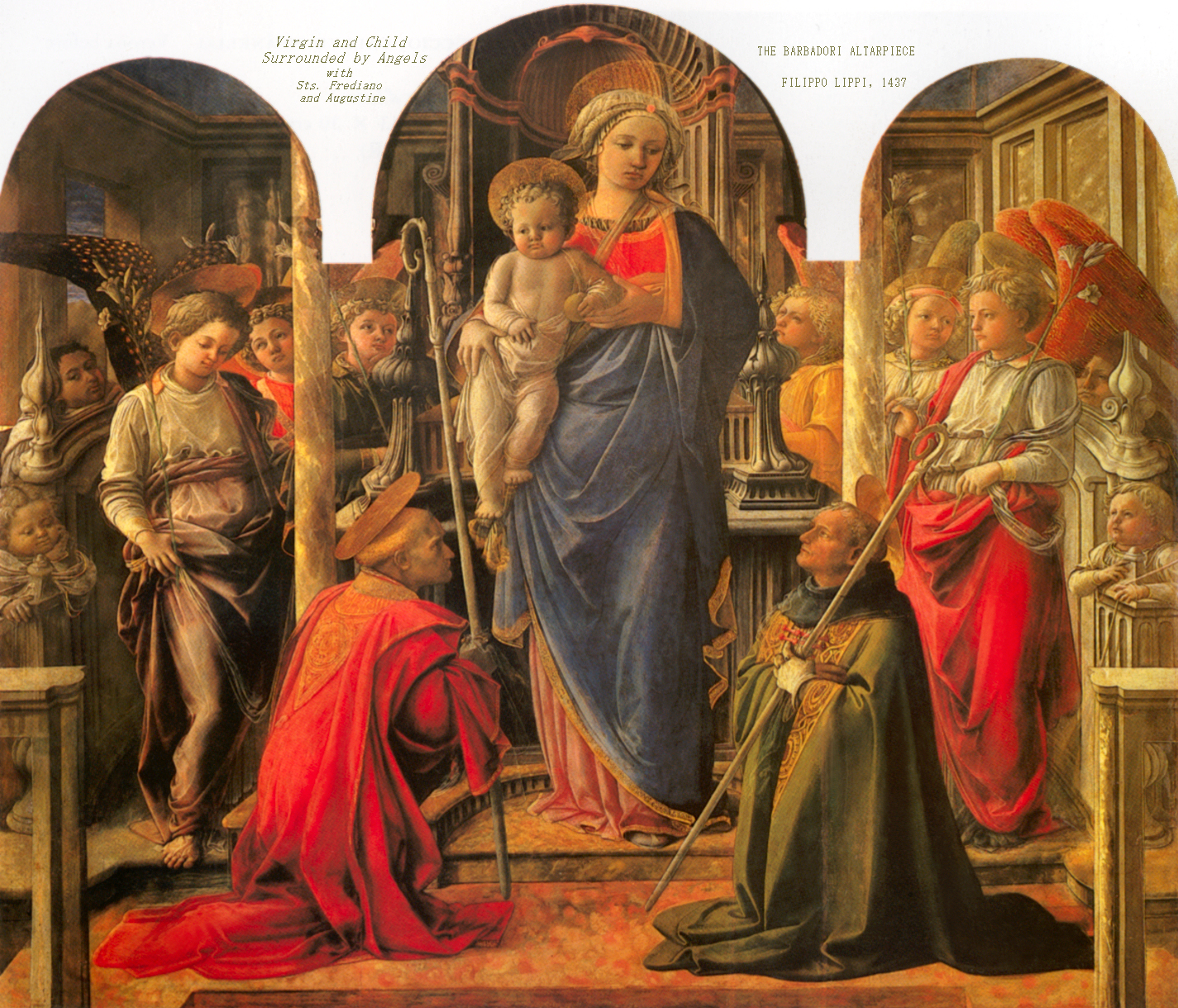  The Angels  Revelation Concerning the Angels of Christian Angelology FROM THE FUNDAMENTALS OF CATHOLIC DOGMA Ludwig Ott § 30. The Efficacy of the Good Angels 1. Relation to God The primary task of the good Angels is the glorification and the service of God. (Sent. certa.) Holy Writ adjures the Angels to praise God and attests that they glorify God by their praise. Cf. Ps. 102:20 et seq.: "Bless the Lord all ye His Angels! " Cf. Ps. 148:2; Dn. 3:58; Is. 6:3 ; Apoc. 4:8; 5:11 et seq.; Hebr. 1:6. God is served as well as praised. As ambassadors of God the Angels transmit revelations and directions to mankind. Cf. Luke 1:11 et seq.; 1:26 et seq.; Mt. 1:20 et seq.; Luke 2:9 et seq.; Mt. 2:13, 19 et seq.; Acts 5:19 et seq.; 8:26; 10:3 et seq.; 12:7 et seq. 2. Relation to Man a) The secondary task of the good Angels is the protection of men and care for their salvation. (De fide on the ground of general teaching.) Since the 16th century the Church celebrates a feast in honour of the guardian Angels. The Roman Catechism (IV, 9, 4) teaches: "By God's Providence the task is given to the Angels of protecting the human race and individual human beings, so that they may not suffer any serious harm whatever." Holy Writ testifies that all the Angels are in the service of mankind. Hebr. 1:14: "Are they not all ministering Angels, sent to minister for them who shall receive the inheritance of salvation!" Ps. 90:11 et seq., describes the care of the Angels for the just. Cf. Gn. 24:7; Ex. 23:20, 23; Ps. 33:8; Jdt. 13:20; Tob. 5:27; Dn. 3:49; 6:22. According to Origen (De princ. I Praed. 10) it is "a constituent part of the doctrinal promulgation of the Church that there are Angels of God and benevolent powers. which serve Him, in order to complete the salvation of mankind." Cf. Origen. contra Celsum. VIll 34. b) Every one of the faithful has his own special guardian Angel from Baptism. (Sent. certa.) According to the general teaching of the theologians, however, not only every Baptised person, but every human being, including unbelievers, has his own special guardian Angel from his birth. This view is biblically founded on the words of Our Lord. Mt. 18:10: "See that you do not despise one of these little ones. For I say to you that their Angels in Heaven always see the face of my Father Who is in Heaven." Cf. Acts 12:15: It is his (=Peter's) Angel." St. Basil, with reference to Mt. 18:10, teaches: :Everyone of the faithful has an Angel standing at his side as educator and guide, directing his life" (Adv. Eunomium III I). According to the testimony of St. Gregory the Wonder-Worker and of St. Jerome, every person has from his birth his own special guardian Angel. St. Jerome comments on Mt. 18:10: "How great is the value of the (human) soul that every single person has from birth (ab ortu navitatis) received an Angel for his protection." Cf. St. Gregory the Wonder-Worker's thanksgiving speech on Origen. c. 4. S. th. I 113, 1-8. 3. Veneration of Angels The veneration by men of the good Angels is justified both by their glorification by God and their relation to men. That which the Council of Trent teaches as to the invocation and veneration of the Saints (D. 984 et seq.), may also be applied to the Angels. The rejection of the veneration of the Angels by St. Paul (Col. 2:18) refers to a false, exaggerated veneration of Gnostic false teachers. St. Justin the Martyr is an early witness to the Church's veneration of the Angels. HOME--------------------------------------GALLERIES |

